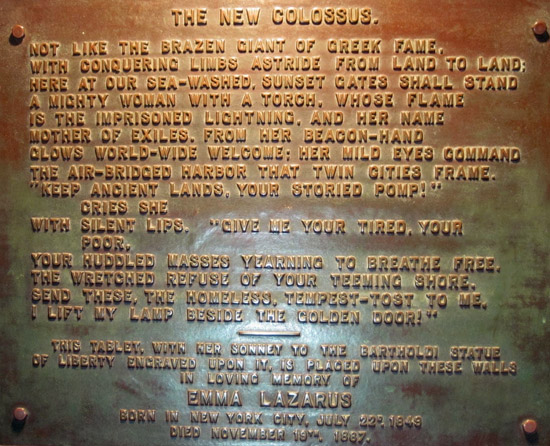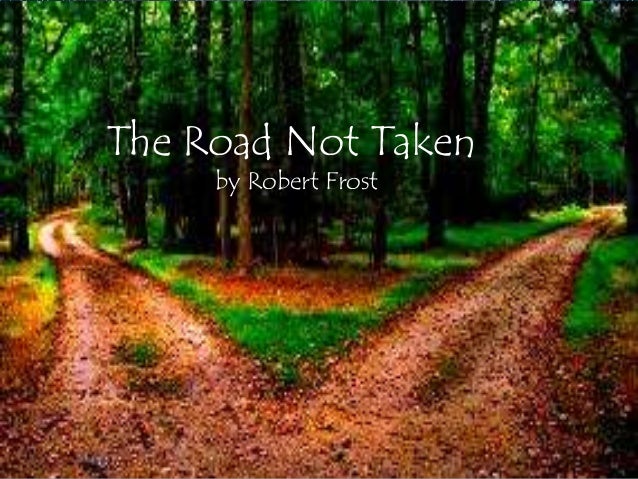A fusion between Vietnamese and French?
Ca Phe Hanoi
Open Hours:
Sun – Thurs 12:30-16:30, 18:00- 00:00
Sat: 19:30 – 00:00
Address: Malchei Israel 3, Tel Aviv
Phone: 03-6771184
Ca Phe Hanoi is a French-Vietnamese fusion restaurant located in the heart of Tel Aviv. I had heard many reviews about this restaurant and was intrigued, so when a friend of mine mentioned that she was interested in trying it, I jumped at the chance.
As it is right by City Hall, finding parking was easy, which is no mean feat during Tel Aviv peak hour traffic. We had arranged to meet at 18:00 at the restaurant, so it was still relatively quiet there, affording us the opportunity to look around the restaurant.
As we walked through the doorway, we were immediately struck by the décor –modernist exposed concrete and simple-lined, geometric chairs and tables, combined with the rich colors of south-east Asia: deep red curtains, colorful murals, hanging lanterns, and a towering centrepiece of bamboo skeleton shelves laden with artfully arranged glasses, crockery and Asian grocery products.
The restaurant is housed in an old bank, and its bathrooms are housed in the basement vaults. The bathrooms are a unique experience in themselves – visiting them is a must! Entry is through a reinforced steel doorway, with the heavy metal door and vault locks still standing to one side. Sliding grid doors lead you into the men’s and women’s toilets – whose stalls are made of one-way glass, so that you can look out while other visitors cannot see in- a disconcerting experience indeed.


The friendly waiters were very attentive, seating us immediately and bringing us water, as well as advising us what food to pick when we couldn’t make up our minds. Over the course of the meal, they continually checked up on us to make sure that we were satisfied, and they even patiently taught my eating companion how to use chopsticks (but rest assured, there is western style cutlery available).
The waiters had told us that all the dishes were for sharing, but I will tell you in advance that the portion sizes aren’t large, and there were no utensils given for sharing the food. The deserts, however, are another story, definitely made for sharing, but I will get to them later.
Another important thing to note, is that some of the meat dishes come with sauces that contain fish sauce. The sauce is put on the side of the dish, so that the customer can choose if they want to combine it with their food. In response to our queries on the halachic issue of combining fish and meat, the waiters told us that according to Rabbinical authorities it is ok, due to the minimal amount of fish present in the sauce – however, the final decision is is left to every customer’s discretion.
Because diners are encouraged to share, the savory dishes are usually brought out all together, as a pose to splitting them into appetizers and mains. We had chosen to keep the fish dishes and meat dishes separate, so the waiters suggested that we begin with the fish dishes and continue onto the meat dishes later.
We began our meal with drinks. I had a pineapple, mango and coconut smoothie, which was served in a chilled glass jar and piled with toasted coconut shavings on top. The drink was silky-smooth going down and the flavors were perfectly balanced, without them overpowering one another. I did feel a slight tingling on my tongue but it was nice.


My companion ordered the lychee mojito, a cocktail of white rum, lychees, fresh lime and mint, which came artfully garnished with fresh mint leaves, orchid flowers and lychees. The drink was refreshing and had a strong lychee taste with spiky undertones. The mint leaves provided a good balance to the flavor. The lychees on top were from a can and not fresh, which was disappointing for a chef restaurant, considering that they were in season.

steamed fish in banana leaf
The food came out pretty quickly. Our first dish was the Steamed fish in banana leaf (68nis), with drum fish, black rice, herbs, light soy-sauce and garlic. The fish came beautifully wrapped in a neat banana leaf parcel tied with string, inside a bamboo steamer. I had never eaten anything steamed in a banana leaf before, and I had been very excited to try this dish. The fish itself was firm but didn’t contain a lot of flavor. The black rice on the other hand, was full of flavor from the sautéed garlic and onions, with a slight smoky under taste. The herb that stood out was the dill (was this the French fusion?). There was meant to be some soy sauce but I couldn’t taste it All in all, this dish was tasty, but a bit of an anti-climax.

yellow tail fish
The next dish was one of their specials- Yellow tail fish served with steamed white cabbage, carrots and beans. This dish had more flavor than the first dish. The fish was tender and had a slight sweetness to it. It also had a spicy flair, created by the black pepper. The flavorful sauce of chili, garlic, ginger and coriander really tied the dish together. It was amazing that all of the vegetables were perfectly done, and not overcooked. I found that there was too much pepper on everything, but my companion was fine with it, so it could just be a matter of personal taste. I could taste the bamboo that the food was steamed in, which was unusual. Bamboo steamers are usually lined with grease-proof paper so that the food doesn’t absorb other flavors – unless that was the intention.

vietnamese beef tartane
Then it was time for the meat dishes. The first of our meat dishes was Vietnamese Beef Tartare (48nis), with beans, cucumber, grapefruit, lemongrass, coconut, chili and an egg yolk on top. The beef was cut into just the right size pieces and was soft with a bit of a kick to it. The cucumber took down the spiciness and added crunch, while the lemon grass added additional freshness and depth. I was unsure as to why grapefruit was added to the dish, as the flavor was completely lost among the other flavors. Overall I did enjoy this dish.

xinjiang skewers
Our last main course dish was Xinjiang Skewers (64nis) – two chicken pullet skewers flavoured with lamb fat and spices, and rolled up in a Vietnamese rice pancake. The pancake was made with rice flour and had spring onions folded into the mixture. The chicken was moist and spicy with flavors from India. The taste of lamb was added by the lamb fat. The skewers came served with whole roasted green onion – which was technically difficult to eat due to its fibrousness- and a pleasant bean shoot salad. My one reservation with the dish was that there was nothing to cool down its overall heat.
The desserts were another story- they were fantastic!

caramel chocolate
At the waiter’s recommendation, we had the Cremo Chocolate (41nis), a chocolate brulee with pralines, salty-sweet chocolate crumble and spiced Indian halva threads. The chocolate brulee was creamy yet very light in texture, and the salty chocolate crumble toned down the sweetness, and we loved the flossed indian halva that complemented the desert so well.

lemon grass pannacota
We also had the Lemongrass panacotta (38nis), served with tropical fruits, lemongrass syrup, mint and longan. The panacotta was delicate in flavor and wonderfully refreshing. The kiwi fruit and mango brought out the flavor and the rosewater was subtle and not overpowering.
Our third desert was the Banana Loti (40nis), an amazing concoction consisting of bananas in rum, coconut caramel and almond milk cream, sandwiched between two layers of crispy puff pastry. We truly couldn’t believe that it was non-dairy because it was so creamy.

banana lotti
The flavors just sung together and the textures in the dish were great. The pastry added some crunch, the caramelized banana was just sweet enough and the almond cream was smooth and delicious.
Overall, what I liked the most about this restaurant was the ambience and the desserts, which alone are worth the trip. You could even do a progressive meal, where you could have a main course in a meat restaurant elsewhere and then come here for dessert.
website: http://caphehanoitlv.com/ – The English menu doesn’t list the drinks or desserts, but the Hebrew version does.
















